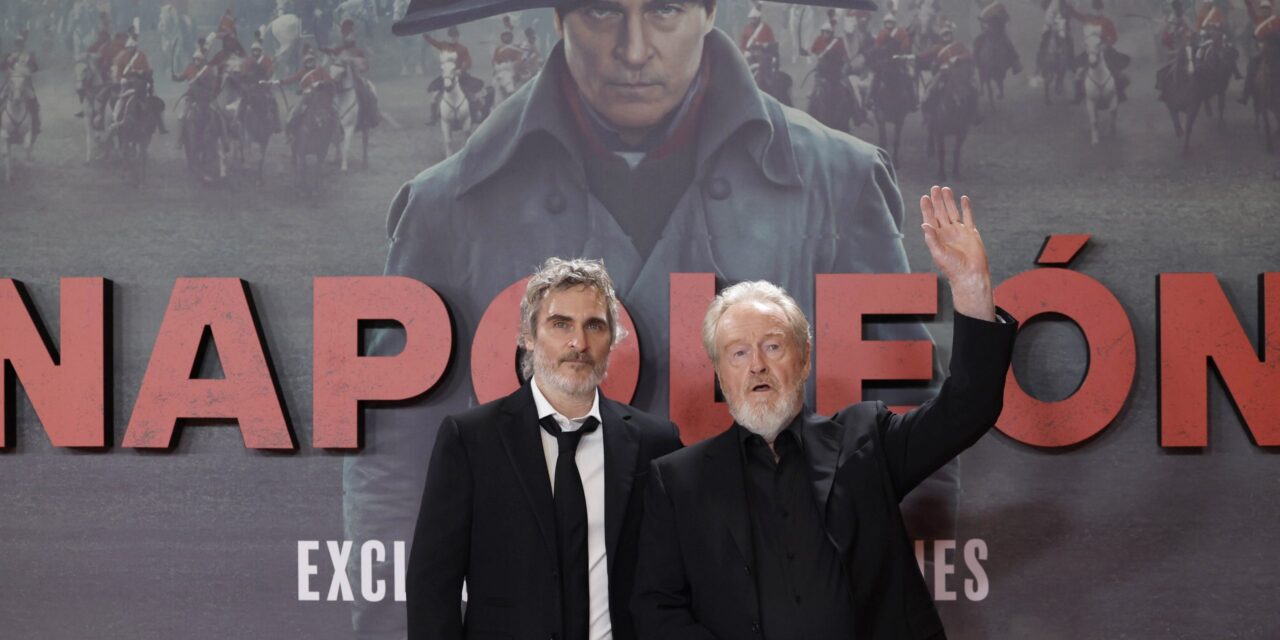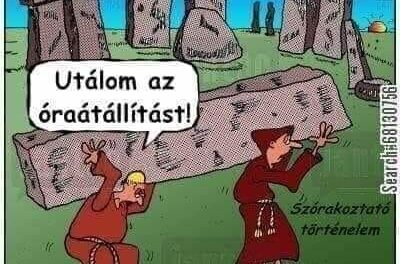It's as if Ridley Scott's film conveys the strange message that women should rule the world, says historian Péter Hahner, director general of the Rubicon Institute. Interview.
Apart from all historical aspects, Napoleon did not carry the professor along, but we also learned that there are historical films for the general public that even a historian can enjoy. According to him, the fight against historical misconceptions is not a battle at windmills - rather weeding.
"Napoleon dies and ten years later someone writes a book about him. Then someone takes that book and writes another book, and so 400 years later there is a lot of fantasy," the film's director responded to criticism that Napoleon is historically completely unreliable. In fact, Ridley Scott put it even more bluntly when he said: "When historians criticize, I tend to ask: Sorry, man, were you there?" No? Then shut the fuck up.”
I don't like to say bad things about one of my favorite directors, who created such masterpieces as Winged Bounty Hunter, Gladiator or The Eighth Passenger: Death. But this statement shows both arrogance and ignorance. Those who create are criticized, and this should be thanked or at least tolerated even if the criticism is not flattering. During the two centuries that have passed since Napoleon's death, (considering the statistical average), one and a half books were published every day with his name in the title. Generations of historians have done serious work, collecting a lot of reliable information about him and his time. Anyone making a film about Napoleon cannot ignore all of this.
If you don't care about the results of historical research, make a film about someone else. But to present our own visions and arbitrary ideas as real historical events - there is something immoral about that.
So let's not imagine the historian's methods the way Ridley Scott painted them. But how can we find out facts about Napoleon?
Napoleon's career is not a historical event about which few reliable sources have survived, and therefore, due to the incomplete data, the complete picture can only be created with the help of imagination or intuition. He acted as the leader of a modern, bureaucratic state, leaving behind a flood of official documents, countless newspapers and pamphlets followed his actions, and many of his contemporaries wrote his memoirs.
His correspondence was published in fifteen thick volumes by the French Napoleon Foundation.
The best historians analyzed his career: Adolphe Thiers summarized the information in twenty volumes, Louis Madelin in sixteen, and Thierry Lentz in five volumes. The summary works of Jacques Bainville, André Castelot, Georges Lefebvre and Jean Tulard can also be read in Hungarian. We also have two great lexicons: the Dictionnaire Napoléon published in 1989 has 1,866 pages, and the Dictionnaire Historique Napoléon published in 2020 has "only" 997 pages. In other words, anyone who puts their mind to it can obtain a lot of reliable information about Napoleon.
Scott still had to rely on historians in some way, since the film ends with a list of the human victims of the Napoleonic wars. What do you think about this?
"It's a bit strange, it gives the impression
as if, after showing us several hours of murderous battles, they would tap us on the nose, saying: are you not ashamed of yourselves for watching such ugly things?
But speaking of figures, according to the latest French Napoleonic lexicon, the number of victims of the Napoleonic wars may have been between 1,600,000 and 2,500,000. This is a lot, but let's not forget that the Thirty Years' War resulted in ten million victims - not to mention the great wars of the 20th century.
The full interview can be read on hirado.hu!
Featured Image: American actor Joaquin Phoenix and British director Ridley Scott arrive at the premiere of the film Napoleon at the Prado Museum in Madrid, Spain on November 20, 2023 (Photo: EPA/Juanjo Martin)












